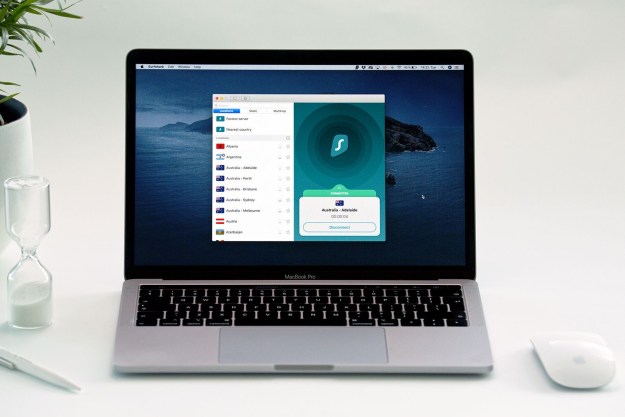
Of all the 16 services considered as part of the study, only one was protected from DNS hijacking. However even that one fell down when it came to IPv6-leaks, along with 13 of the other VPN companies.

To make matters worse, over half of the services looked into used the Point-to-Point Tunnelling Protocol with MS-CHAPv2 authentications, which, as TechReport points out, makes them vulnerable to brute force hacks.
These revelations are problematic for the VPN industry — and specifically the companies named and shamed — as their whole job is to obfuscate a user’s Internet traffic. If that is as obvious when using a
This is also sad news for those that were hoping to hide their traffic from an overintrusive government. While some VPN providers would be unlikely to work directly with the authorities of any nation, the NSA and GHCQ have shown a penchant for hacking and the use of malware to garner information, so it wouldn’t be surprising to learn that some of these VPNs have been infiltrated by government organizations.
Do any of you use these VPN services? If so, do you plan to continue doing so after these revelations?
Editors' Recommendations
- Windows may have a serious security problem on its hands
- Chrome has a security problem — here’s how Google is fixing it
- Google just made this vital Gmail security tool completely free
- The best free VPN for 2022
- VPN Free Trial: All the services that offer a free trial




